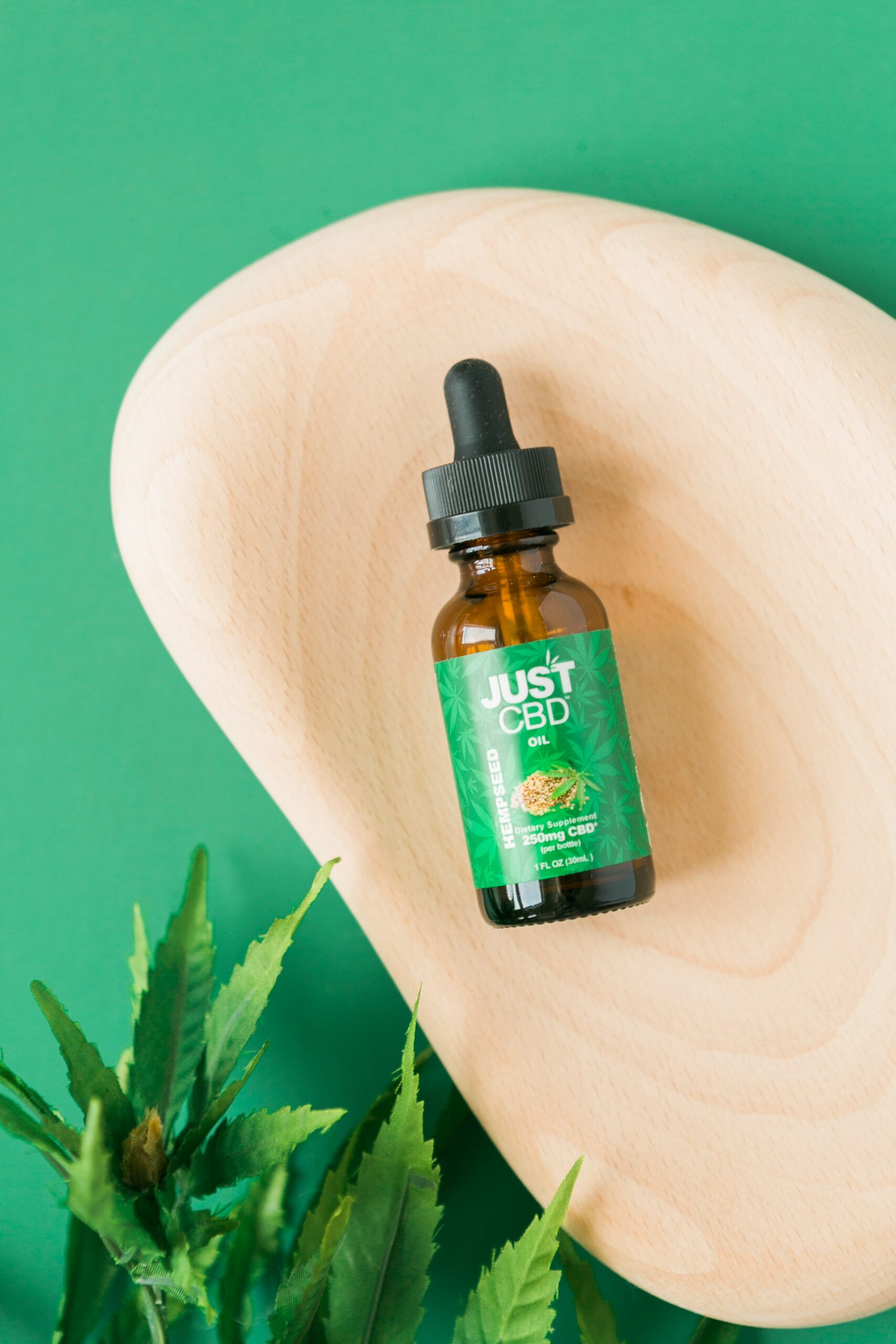CBD oil cannot make you high since it has no or minimal THC, the psychoactive cannabinoid. However, higher levels of THC in CBD products might leave you feeling intoxicated.
CBD is one of the more than 113 active compounds in cannabis plants. For a long time, it remained eddy and under the radar until 2018 when President Trump announced the passing of the Farm Bill, making industrial hemp, and by extension, CBD with less than 0.3% THC legal. Many states are now embracing CBD oil, and you can encounter CBD oil and products in various shops and stores in the core and outskirts of different states. Nonetheless, many states still consider CBD illegal, and knowing what your state says about CBD matters. If you want to explore CBD for its claimed benefits, you might want to know if it can make you high. This cannabinoid is your informant, and it answers this question in-depth.
Understanding CBD
It is a chemical substance and one of the active compounds called cannabinoids in cannabis plants. It is often confused with THC, another well-researched cannabinoid, but the two are different. They are on the two ends of a spectrum, where CBD oil does not cause THC’s psychoactive effects. CBD oil can come from hemp marijuana plants, although most brands specialize in hemp-derived CBD oil with minimal THC, in line with the Farm Bill requirements.
Types of CBD
There are different types of CBD, depending on the contents, including cannabinoids, the presence or absence of THC, flavonoids, and terpenes. Here are the three formulations in which you can explore CBD benefits;
- Full-spectrum CBD; has CBD, the psychoactive THC, terpenes, flavonoids, and other cannabinoids. It is linked to a full entourage effect because of the multiple compounds.
- Broad-spectrum CBD; has as many compounds as full-spectrum CBD, including CBD, terpenes, flavonoids, and other cannabinoids, and is linked to the full entourage, although it lacks the psychoactive THC.
- Isolate-based CBD; has CBD as the only active ingredient and does not have any other cannabinoids, terpenes, or flavonoids. It is not linked to the full entourage effects of the multiple cannabinoids, terpenes, and flavonoids.
Many novice CBD users opt for isolate-based CBD, and so do people who occasionally take drug tests and want nothing to do with the psychoactive THC. Still, full- and broad-spectrum CBD has many enthusiasts who like the full entourage effect and the earthy flavor and tastes of terpenes and flavonoids. The latter is ideal for those who need the mentioned effects without the psychoactive THC.
What Does It Mean to Feel ‘High’?
The ‘high’ effect describes a change state after taking the psychoactive THC. It is characterized by a bit of heightened sensory perception, euphoria, and a false feeling of pleasure. Besides, it may also describe psychosis, in which one loses his sense of reality after taking substances with the psychoactive THC.
Does CBD Make You High?
CBD oil will not make you psychoactive, high, or euphoric for the most part. You might feel a little uplifted after taking large doses of CBD, but this should not be confused with the ‘high’ effect a person experiences after taking THC products.
The Only Exceptions
While CBD does not make you high, taking full-spectrum CBD oil or edible edibles with high amounts of THC can make you high. The Farm Bill considers CBD oil from hemp, whose total THC concentration is less than 0.3%. Consuming CBD products with less than 0.3% THC should not make you high or euphoric.
Will Isolate-Based and Broad-Spectrum CBD Make You High?
Isolate-based and broad-spectrum CBD should not make you high. The substance behind the ‘high’ effect in cannabis products is THC. However, isolate-based and broad-spectrum CBD products have no THC. Although they might have trace amounts of THC from cross-contamination at the points of production or sale, the amounts are not high enough to cause the ‘high’ effect on an individual. Nonetheless, CBD misconceptions include statements that it makes people high. Why so?
Why Are There Misconceptions About CBD Making People ‘High?’
Even though CBD oil should not make you high unless it has high amounts of the psychoactive THC, the cannabinoid is still mistaken for the high or euphoric effect. The primary explanation is that CBD and the psychoactive THC originate from cannabis plants. However, not all cannabis strains have high THC concentrations that may make a person experience the ‘high’ effect. Hemp plants, from which many brands manufacture CBD oil to meet Farm Bill requirements, have less than 0.3% THC. Even though some might have higher THC concentrations, their seeds are modified to ensure that the resulting leaves, stems, stalks, and buds have less than 0.3% TCH at maturity and harvesting. Besides, even if a brand uses marijuana plants for its CBD products, the chances are high that it will strip out the excess THC to ensure that the final contents have less than 0.3% THC.
Conclusion
CBD and its products should not make you high unless the THC concentration of the product in question is more than 0.3%. There are three types of CBD, where broad-spectrum and isolate-based CBD have no THC and will not make you high. However, some highs might make THC concentrations high in full-spectrum CBD, the third type of CBD. As such, you might feel ‘high’ taking the product. Therefore, reading product labels, doing CBD research, and relying on reputable brands for your CBD helps you avoid accidentally taking CBD with excess THC that will make you high.
- Bell Peppers 101: Nutrition Facts and Health Benefits - April 19, 2024
- Products That Assist with Stress Relief - September 21, 2023
- TRÈFLE – THE ROAD TO THE 15TH - July 29, 2023






